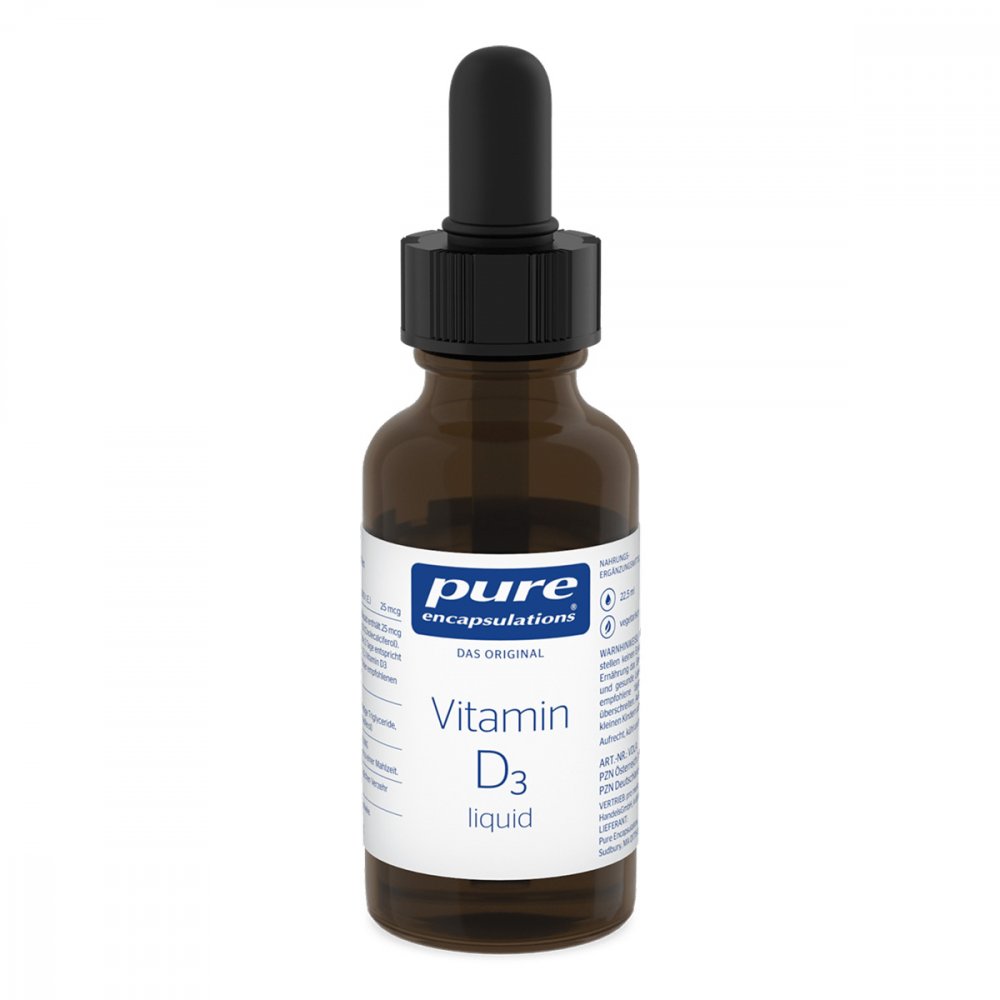
Although I love cozy fall and winter evenings, I do reach a point where I eventually begin to feel a little deprived of some bright, warm sunlight, and rightly so, we need it! Vitamin D carries out some pretty big roles in our body. Today, I want to share why this vitamin is so integral to your health and why it can be extra important to supplement during the fall and winter. Especially now in this crazy pandemic which makes me wonder why nobody mentions supplements and healthy food choices to boost your immune system but to rather receive a 100 Euro gift certificate and a sausage if you get the vaccine? Just wondering…. but this is me.
What is Vitamin D?
Vitamin D is a fat-soluble vitamin. It actually acts more like a hormone in our body than a vitamin and has countless important roles because nearly every tissue type in our body has a vitamin D receptor. This means having adequate vitamin D levels is crucial for good health and the function of many different systems in our body.
Sunshine is what enables our body to manufacture Vitamin D. It is made from the cholesterol in our skin when we’re exposed to sunlight. Unfortunately, these upcoming months, we don’t get a whole ton of sun. Let’s explore what some good old vitamin D does for us!
Health benefits of Vitamin D
Bone Health
It’s well known that vitamin D is essential for bone health. One of its main roles is stimulating and controlling the absorption of calcium. It helps draw calcium into the bloodstream and increase its absorption from our intestines.
Vitamin D also works synergistically alongside magnesium and vitamin K2 for optimal bone health. Vitamin K delivers calcium from the bloodstream to bones and teeth and helps remove calcium deposits found in soft tissue.
Immune Health
The sunshine vitamin supports our immune system and actually helps activate the T cells in our body. These cells seek out and destroy different bacteria and viruses that can cause colds and flu. In fact, a study in 2010 found that vitamin D3 supplementation during winter may help reduce your chances of catching the flu.
Mental Health
Vitamin D helps to activate our “feel good” neurotransmitters, including serotonin and dopamine. This can be especially helpful for those who suffer from Seasonal Affective Disorder (SAD) where a lack of sunlight has an adverse effect on mental health. It also helps maintain our nervous system and may help boost mood in those with depression.
Blood Sugar & Diabetes Management
Vitamin D can help support insulin levels and even diabetes management, including Type 1 and Type 2. According to research, 2000IU of vitamin D may help reduce the risk of Type 1 Diabetes. There was also a that study found low levels may increase risk of Type 2 Diabetes.
Cardiovascular Health
Vitamin D can even support your heart and reduce your risk of heart disease.
Cancer
There was a study that found participants’ cancer risk cut by 60% in those getting 1100IU per day, alongside calcium. How amazing is that?! Sufficient vitamin D levels in the body may also help reduce the risk of total rates of rates, including colorectal, prostate, and breast cancer
How to boost your Vitamin D Levels
Food & Lifestyle
Get sunshine on your skin (being nude outside in the sun is the best, obviously not now!) and enjoy dark coloured mushrooms, eggs, and fish like sardines, herring and mackerel, or a cod liver oil.
Those of you living in cooler climates with limited sun exposure during parts of the year usually need a bit of a boost. Many people can benefit greatly from supplementing with this sunshine vitamin during the fall and winter months.
Supplementation
There are two kinds of vitamin D you can take as a supplement: vitamin D3 (cholecalciferol) and vitamin D2 (ergocalciferol).
D3 is derived from lanolin—the oil found in sheep’s wool—while D2 is a plant-based source. D2 is a popular choice amongst vegans and vegetarians, however if possible, I recommend opting for D3 as it’s easier for the body to absorb.
You can take vitamin D in a liquid, soft gel, or tablet form. Vitamin D is fat-soluble and is therefore better absorbed when taken as liquid or encapsulated in an oil, as opposed to a hard, chalky tablet. Vitamin D absorption is best when taken with food.
Dosages vary depending on individual needs, but a safe amount to start with is 1,000IU, although many people require much more than that. Be sure to speak with your health care practitioner for the appropriate dose. Below you see the Vitamin D3 I currently take. My personal dosage in the cold, dark fall and winter months is about 5-10 drops daily. Sometimes 15 drops a day for 3 days in a row if I my throat is achy or itchy. With this dosage I feel awesome, awake, and haven’t had the flu this season (knock on wood). My current Vitamin D Level is at 89% which is pretty good. Most people are deprived of Vitamin D and have Levels of 7-8 % or even below.

Are You Low in Vitamin D?
Low levels of vitamin D are more common than people would think. Dry skin, depression, osteoporosis, and conditions such as diabetes, heart disease, and even cancer, can be signs of low deficiency. A lowered immune function—such as frequent colds or flu—can also be implicated in vitamin D deficiency. Be sure to get your levels checked if you are concerned.
Stay healthy and let me know if you have questions.